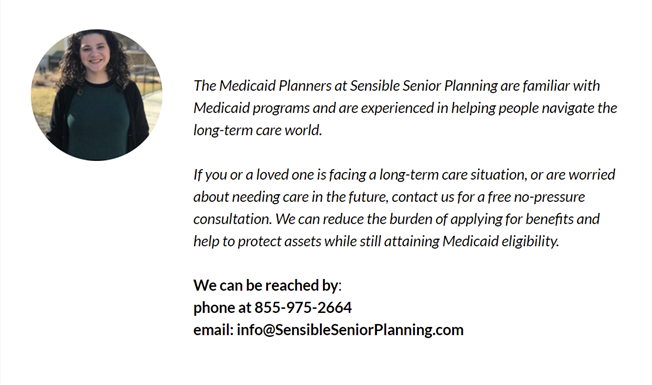Skilled Nursing Facilities
Paying for nursing home rehabilitation or long-term care can be a major headache, which is made worse when you receive a bill that you expected your insurance to cover. Knowing who’s responsible to pay and how much you’re on the hook for can make it a little easier. Let’s start with some key terminology:
Private pay: Payments made out-of-pocket without any help from insurance.
Co-payment: The portion of the bill that the patient is responsible for after their insurance has paid its share.
Medicare: Federal health insurance program. There are numerous Medicare plans offered by private companies, each with its own benefit structure.
Traditional Medicare: Health insurance that’s solely through the federal government without any additional coverage from private health insurance companies.
Long-term Care: Ongoing skilled care for people who are no longer able to perform activities of daily living on their own.
When admitting to a skilled nursing facility for rehabilitation following a surgery or an accident, Medicare or other health insurance typically pays first. Depending on the insurance, you may be responsible for paying a co-payment.
While it would be impossible to list the co-payment amounts for all Medicare insurance plans, Traditional Medicare coverage is standardized, and many private Medicare plans mirror the structure of Traditional Medicare.
Traditional Medicare will pay 100% of the cost for the first 20 days of rehabilitation. Starting on day 21, the patient is required to start paying a standardized co-payment. In 2021, the co-payment for skilled nursing is $185.50 per day for days 21 through 100.
Medicare coverage for skilled nursing lasts as long as the patient continues to progress in their therapy, up to a maximum of 100 days. After 100 days if the patient still needs therapy before they can safely leave, they will have to pay privately. Alternatively, if the patient has stopped making progress in their therapy, but still needs skilled nursing level care, they can transition to long-term care.
Medicare nor health insurance help pay for long-term care. Long-term care insurance policies are available, however in order to help pay the policy must have been active before long-term care is needed. For many, Medicaid becomes the primary source to help pay for long-term care. In fact, as of 2018, Medicaid paid for more than 51% of all long-term care costs in the United States.
Nursing Home Medicaid assistance is available to eligible individuals who need long-term care, but the application process is very complex, and it can be difficult to navigate successfully. Sensible Senior Planning specializes in helping people get eligible for assistance and can even file applications, greatly simplifying the process.
If you or a loved-one find yourself in need of nursing home therapy or long-term care, it’s important to know what your insurance will cover, what you’ll be responsible for, and what alternative options are available to you. Contact Sensible Senior Planning and one of our advisors will consult with you about your insurance coverage and payment options, free of charge.


